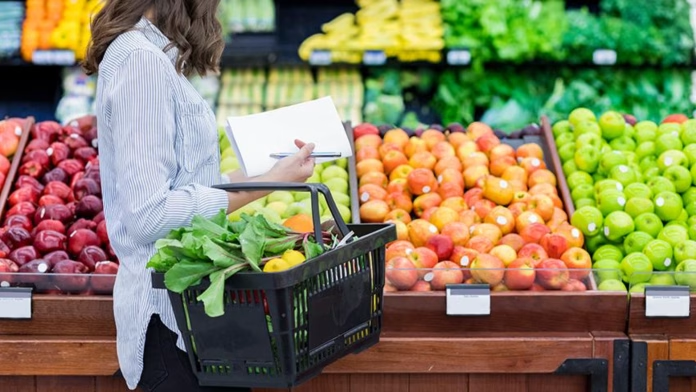According to data released by the Ministry of Statistics on Monday, India’s retail inflation climbed to an almost 15-month peak of 7.44 percent in July on a yearly basis, compared to 4.81 percent in June.
In a recent survey conducted by Reuters involving 53 economists, the estimated annual increase in the Consumer Price Index (CPI) inflation was projected to reach 6.40 percent, driven by the sharp rise in food prices.
After a continuous four-month period of remaining within the Reserve Bank of India’s (RBI) tolerance range of 2-6 percent, the consumer-price index (CPI) based inflation has now exceeded the upper limit.
The Consumer Food Price Index (CFPI) saw a notable increase to 11.51 percent from its previous level of 4.49 percent in June. In terms of breakdown, rural inflation reached 7.63 percent, while urban inflation reached 7.20 percent.
The notable increase can be attributed to an unexpected and substantial rise in vegetable prices, particularly tomatoes, throughout the previous month.
In the past two months, food prices, constituting nearly half of the inflation measurement, have experienced a significant surge. This surge can be primarily attributed to the erratic monsoon conditions across the nation, leading to wholesale market tomato prices rising by over 1,400 percent in the last three months.
“There are no signs of any sequential moderation in food prices in August,” Reuters had quoted Rahul Bajoria, chief India economist at Barclays, as saying. “Although it is still early in the month, we expect CPI inflation prints to remain elevated in the next couple of months, and then start easing in Q4 2023,” he added.
During its August Monetary Policy Committee (MPC) meeting, the RBI revised its inflation projection for the current fiscal year, increasing it to 5.4 percent from the 5.1 percent forecast that was issued in the June policy.
The bank associated this decision with the elevated prices of food products, encompassing basic essentials as well as vegetables and even premium culinary offerings.
RBI Governor Shaktikanta Das stated that policymakers should be prepared to do more than just observe like Arjuna and be ready to utilize policy tools if required, in the August meeting.





